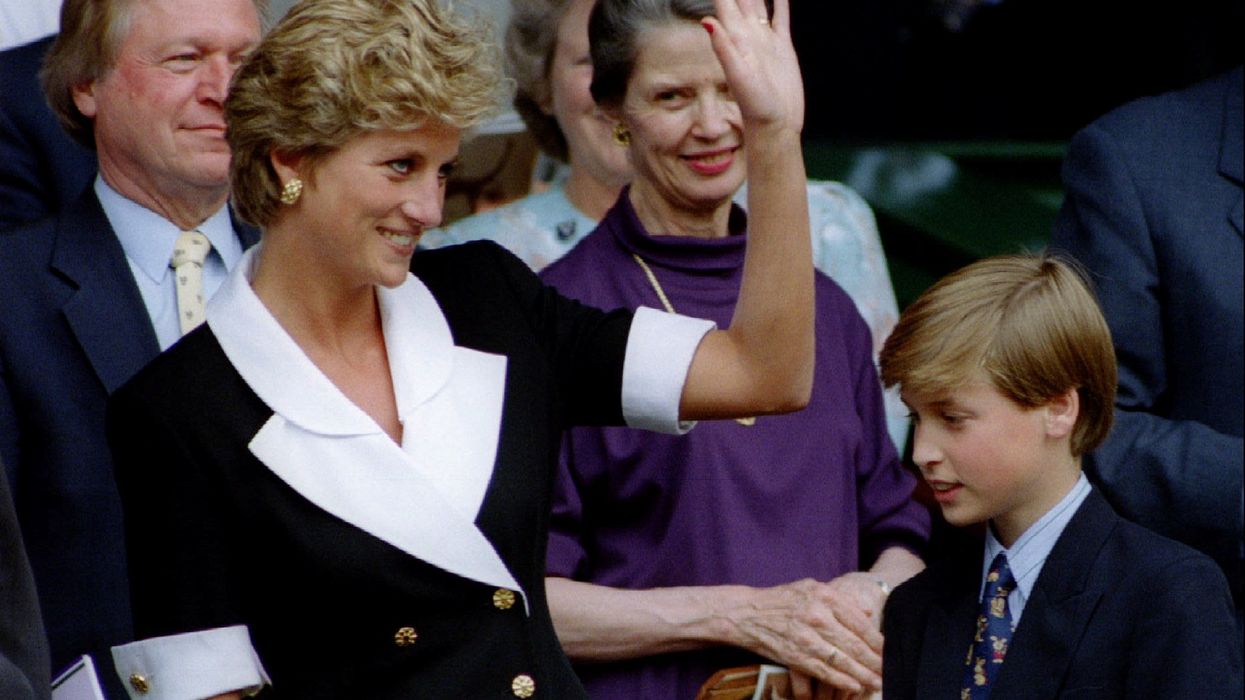PRINCE WILLIAM accused the BBC of failing his mother Princess Diana and poisoning her relationship with Prince Charles after an inquiry found a journalist for the broadcaster deceitfully obtained an interview with her in 1995.
William's rebuke to the public broadcaster comes after a report published on Thursday (20) said the inquiry found that BBC journalist Martin Bashir used deceit to win a sensational 1995 interview with Diana, and that the broadcaster covered up the deception.
During the "Panorama" interview, watched by more than 20 million viewers in Britain, Diana shocked the nation by admitting to an affair and sharing details of her marriage to the heir to the throne and William's father, Prince Charles.
Diana died in a Paris car crash in 1997 at the age of 36.
"It is my view that the deceitful way the interview was obtained substantially influenced what my mother said. The interview was a major contribution to making my parents' relationship worse and has since hurt countless others," William, 38, said in a statement.
"It brings indescribable sadness to know that the BBC's failures contributed significantly to her fear, paranoia and isolation that I remember from those final years with her."
In a separate statement issued at the same time, William's brother Harry did not mention the BBC by name, but drew broader aim at the media and the "ripple effect of a culture of exploitation and unethical practices (which) ultimately took her life."
"To those who have taken some form of accountability, thank you for owning it. That is the first step towards justice and truth," Harry, 36, said.
"Yet what deeply concerns me is that practices like these - and even worse - are still widespread today. Then, and now, it's bigger than one outlet, one network, or one publication."
Harry and his wife Meghan quit their duties as members of the royal family and have moved to California last year.
Prince William also added that the BBC should have properly investigated when concerns were first raised in 1995.
"(Diana) was failed not just by a rogue reporter, but by leaders at the BBC who looked the other way rather than asking the tough questions," he said.
"These failings, identified by investigative journalists, not only let my mother down, and my family down; they let the public down too."




